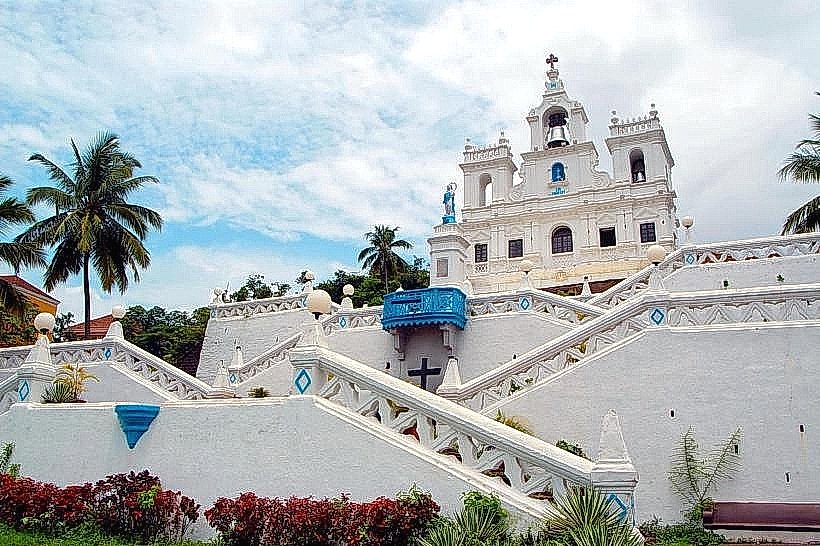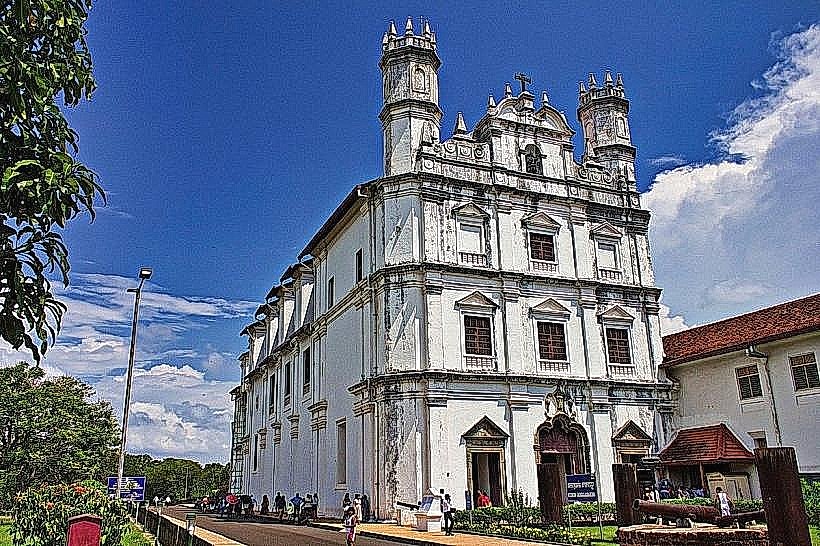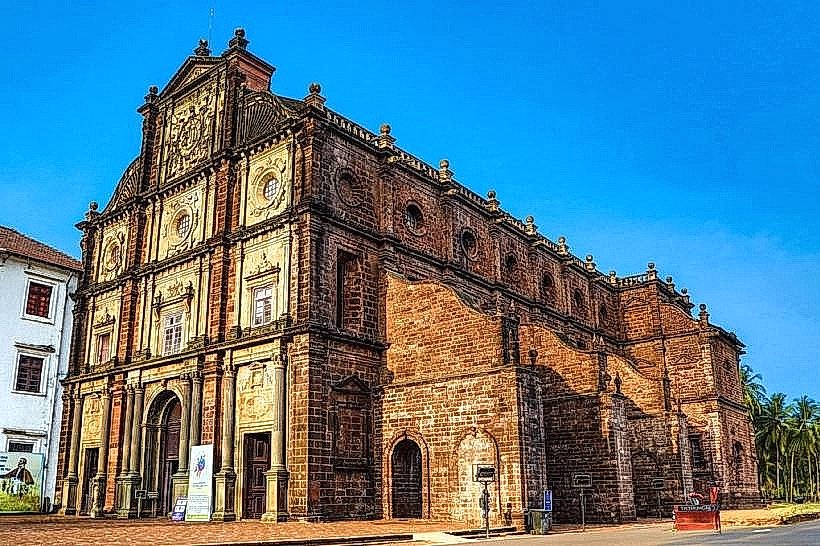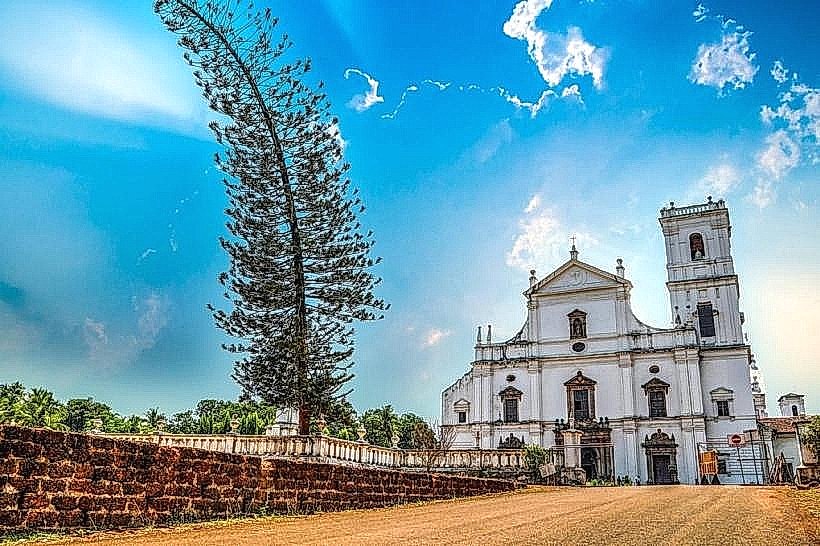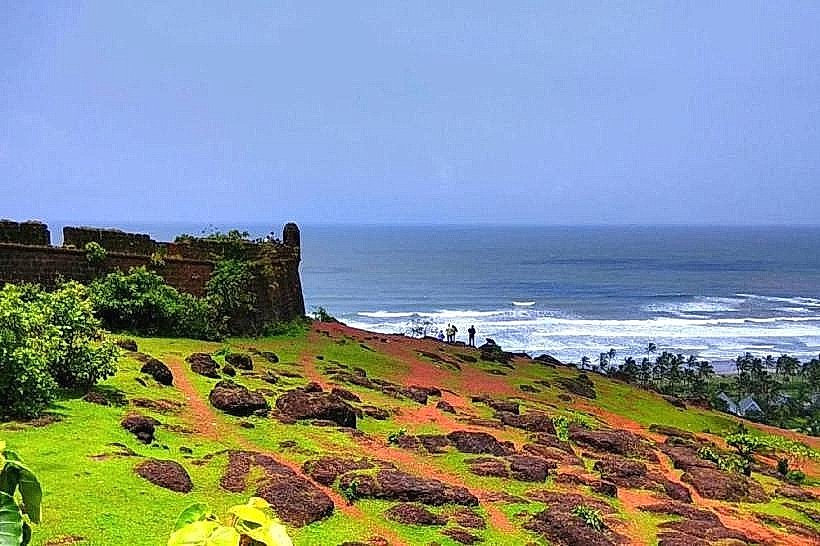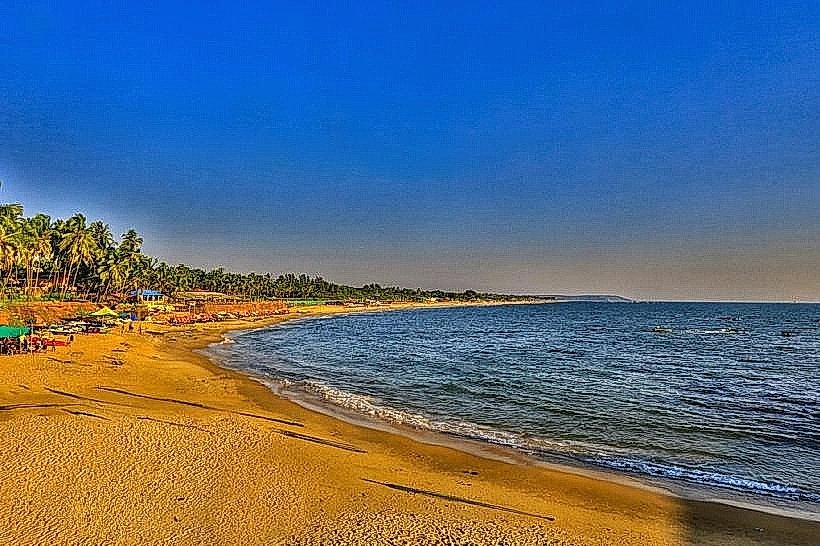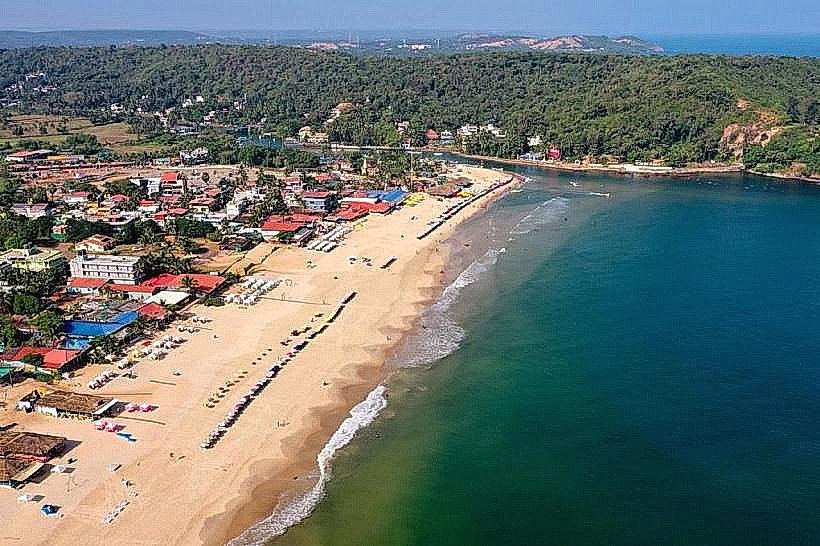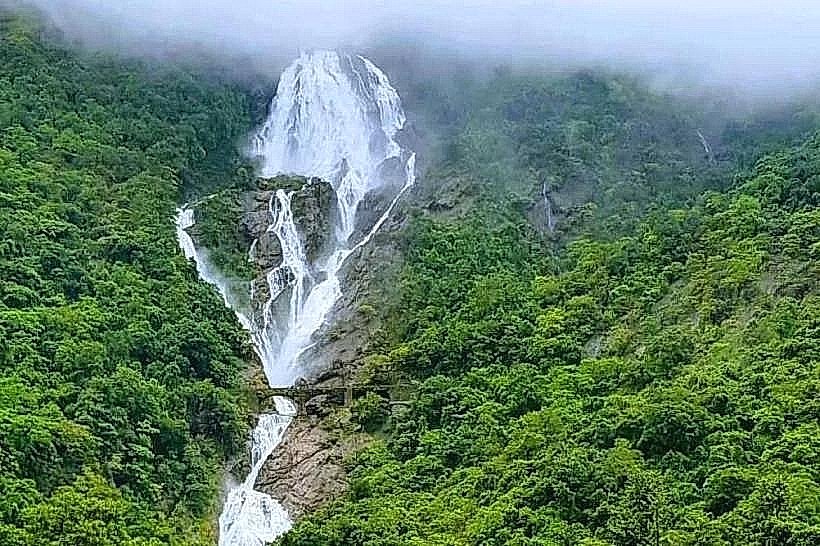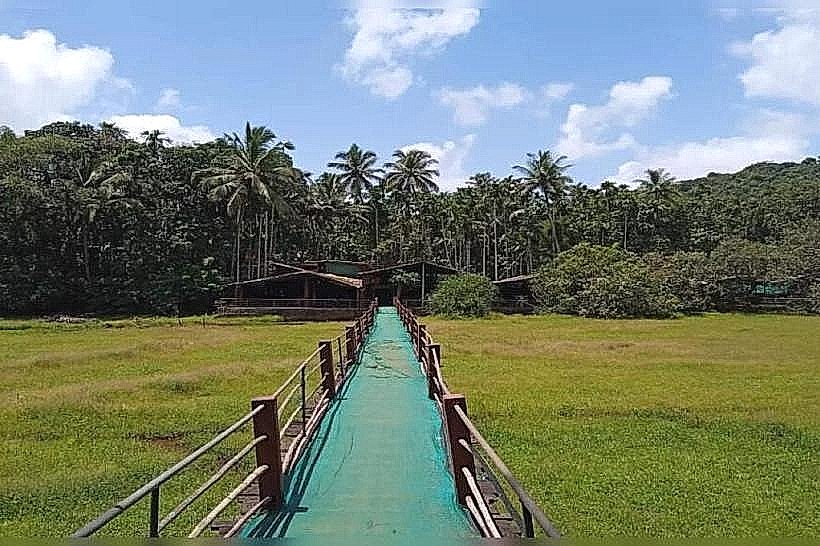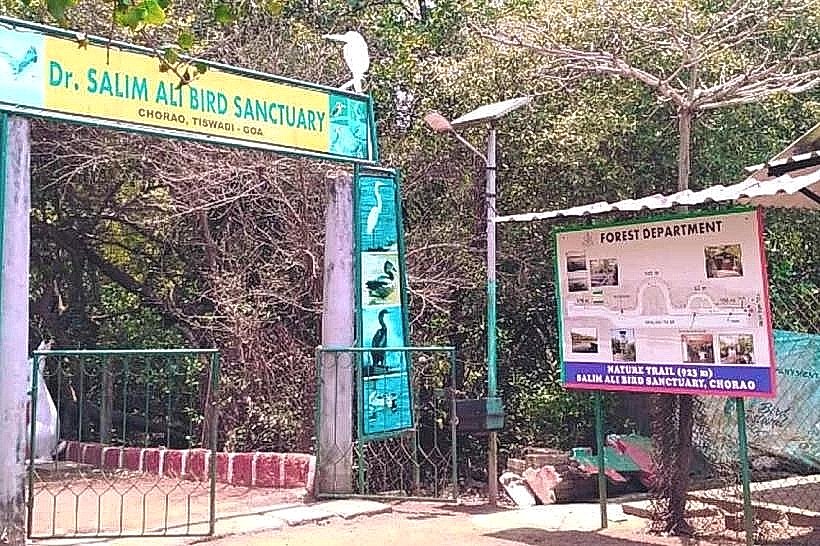Information
Landmark: Fort AguadaCity: Goa
Country: India
Continent: Asia
Fort Aguada, Goa, India, Asia
The Sundance Walking Trail is a designated recreational path located within the town limits of Sundance, Wyoming, USA.
Visual Characteristics
The trail is primarily unpaved, consisting of compacted earth and gravel. It traverses mixed prairie grassland with scattered ponderosa pine and juniper trees. The elevation gain is gradual, with some sections featuring moderate inclines. The path width averages 1.5 meters.
Location & Access Logistics
The primary trailhead is situated at the eastern edge of Sundance, accessible via a turn-off from US Highway 14. The entrance is marked by a wooden signpost. Parking is available at a gravel lot adjacent to the trailhead, accommodating approximately 20 vehicles. No public transportation services directly access the trail.
Historical & Ecological Origin
The trail follows a route historically used by local ranchers for livestock movement. Ecologically, it is situated within the mixed-grass prairie ecosystem of the Black Hills foothills, characterized by native grasses and drought-tolerant shrubs.
Key Highlights & Activities
Walking and hiking are the primary activities. Birdwatching is possible due to the diverse avian population. Photography opportunities exist, particularly during sunrise and sunset. The trail is suitable for casual strolls and moderate exercise.
Infrastructure & Amenities
A single, basic information kiosk is located at the trailhead. No restrooms, shade structures, or food vendors are present along the trail. Cell phone reception is intermittent, with 4G service available in some higher-elevation sections.
Best Time to Visit
For optimal lighting conditions for photography, early morning (6:00 AM - 8:00 AM) and late afternoon (5:00 PM - 7:00 PM) are recommended. The months of May through October offer the most favorable weather conditions, with temperatures generally ranging from 15°C to 25°C. Avoid midday during summer months due to potential heat exposure.
Facts & Legends
Local lore suggests that the trail was once a favored route for prospectors seeking gold in the surrounding hills, though no significant finds were ever officially documented.
Nearby Landmarks
- Sundance City Hall (0.8km West)
- Crook County Museum and Carriage House (1.2km West)
- Sundance Golf Course (2.5km Southwest)
- Devils Tower National Monument (35km Southwest)

